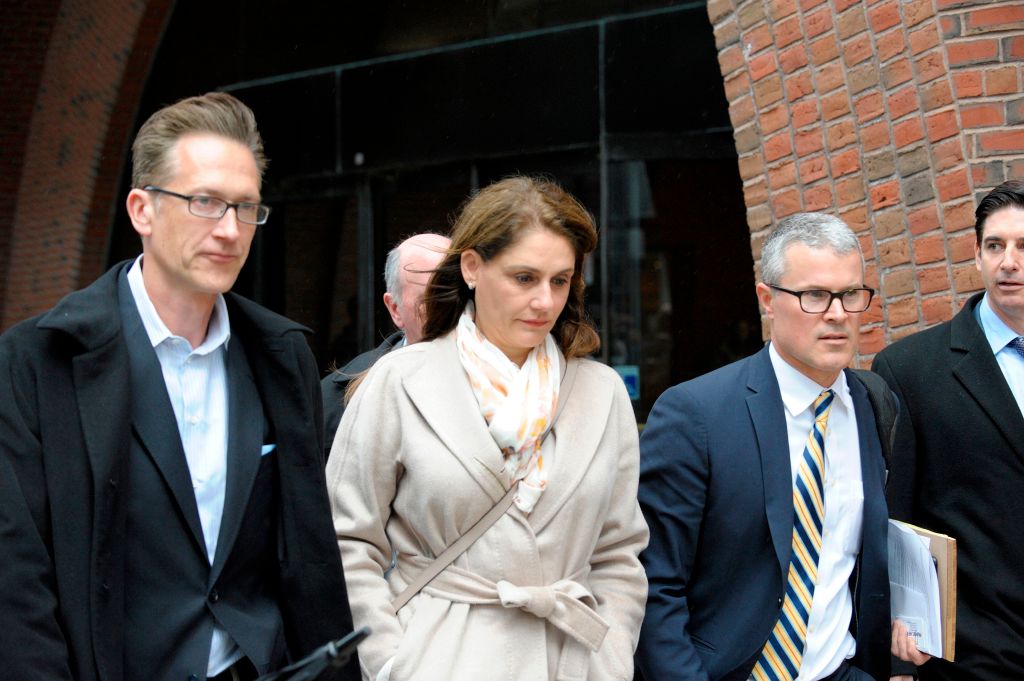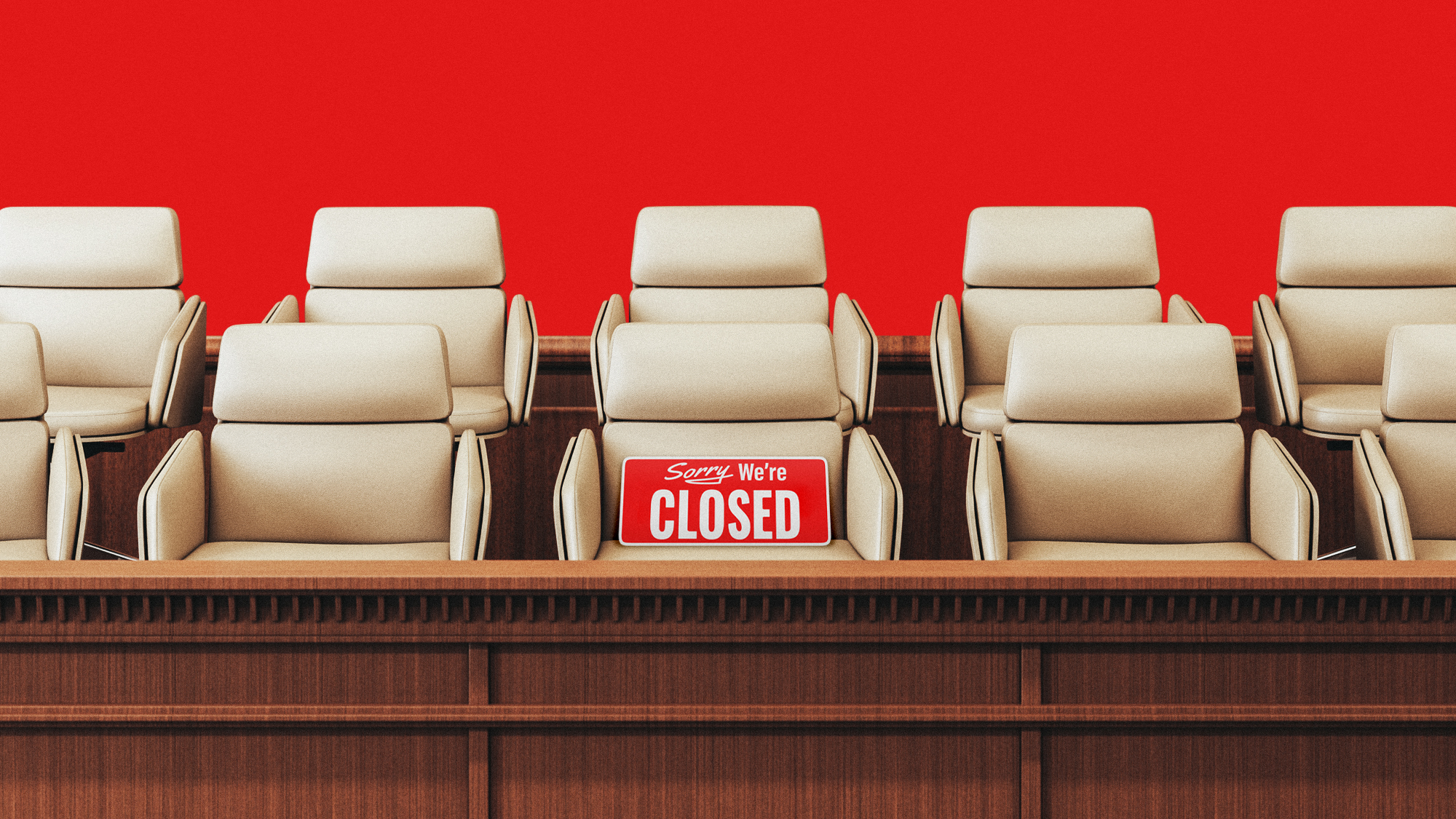Hot Pockets heiress receives 5 months in prison for role in college admissions scandal


A free daily email with the biggest news stories of the day – and the best features from TheWeek.com
You are now subscribed
Your newsletter sign-up was successful
Michelle Janavs, the heiress to the Hot Pockets fortune, was sentenced to five months in prison on Tuesday after admitting to paying bribes to a fixer who promised to get her two daughters into the University of Southern California.
She is the 15th parent sentenced as part of the college admissions scandal, which rocked Hollywood and wealthy enclaves across the United States. Janavs, 49, of Newport Beach, California, pleaded guilty to conspiracy to commit wire fraud and conspiracy to commit laundering. "I'm so very sorry I tried to create an unfair advantage for my children," she told the court on Tuesday.
Federal prosecutors said she agreed to pay Rick Singer, a college admissions consultant, $100,000 to improve her daughters' ACT exam scores and $200,000 to have one of her daughters admitted to USC as a fake beach volleyball recruit. Janavs must also pay a $250,000 fine and serve two years of supervised release after her stint in prison.
The Week
Escape your echo chamber. Get the facts behind the news, plus analysis from multiple perspectives.

Sign up for The Week's Free Newsletters
From our morning news briefing to a weekly Good News Newsletter, get the best of The Week delivered directly to your inbox.
From our morning news briefing to a weekly Good News Newsletter, get the best of The Week delivered directly to your inbox.
Prosecutors had recommended Janavs serve 21 months in prison. Her defense lawyers argued that she was the victim of Singer's "manipulative sales tactics," and her public embarrassment was enough of a punishment.
A free daily email with the biggest news stories of the day – and the best features from TheWeek.com
Catherine Garcia has worked as a senior writer at The Week since 2014. Her writing and reporting have appeared in Entertainment Weekly, The New York Times, Wirecutter, NBC News and "The Book of Jezebel," among others. She's a graduate of the University of Redlands and the Columbia University Graduate School of Journalism.
-
 Political cartoons for February 14
Political cartoons for February 14Cartoons Saturday's political cartoons include a Valentine's grift, Hillary on the hook, and more
-
 Tourangelle-style pork with prunes recipe
Tourangelle-style pork with prunes recipeThe Week Recommends This traditional, rustic dish is a French classic
-
 The Epstein files: glimpses of a deeply disturbing world
The Epstein files: glimpses of a deeply disturbing worldIn the Spotlight Trove of released documents paint a picture of depravity and privilege in which men hold the cards, and women are powerless or peripheral
-
 The countries around the world without jury trials
The countries around the world without jury trialsThe Explainer Legal systems in much of continental Europe and Asia do not rely on randomly selected members of the public
-
 The Supreme Court case that could forge a new path to sue the FBI
The Supreme Court case that could forge a new path to sue the FBIThe Explainer The case arose after the FBI admitted to raiding the wrong house in 2017
-
 ABC News to pay $15M in Trump defamation suit
ABC News to pay $15M in Trump defamation suitSpeed Read The lawsuit stemmed from George Stephanopoulos' on-air assertion that Trump was found liable for raping writer E. Jean Carroll
-
 Judge blocks Louisiana 10 Commandments law
Judge blocks Louisiana 10 Commandments lawSpeed Read U.S. District Judge John deGravelles ruled that a law ordering schools to display the Ten Commandments in classrooms was unconstitutional
-
 Swearing in the UK: a colourful history
Swearing in the UK: a colourful historyIn The Spotlight Thanet council's bad language ban is the latest chapter in a saga of obscenity
-
 ATF finalizes rule to close 'gun show loophole'
ATF finalizes rule to close 'gun show loophole'Speed Read Biden moves to expand background checks for gun buyers
-
 Hong Kong passes tough new security law
Hong Kong passes tough new security lawSpeed Read It will allow the government to further suppress all forms of dissent
-
 France enshrines abortion rights in constitution
France enshrines abortion rights in constitutionspeed read It became the first country to make abortion a constitutional right
